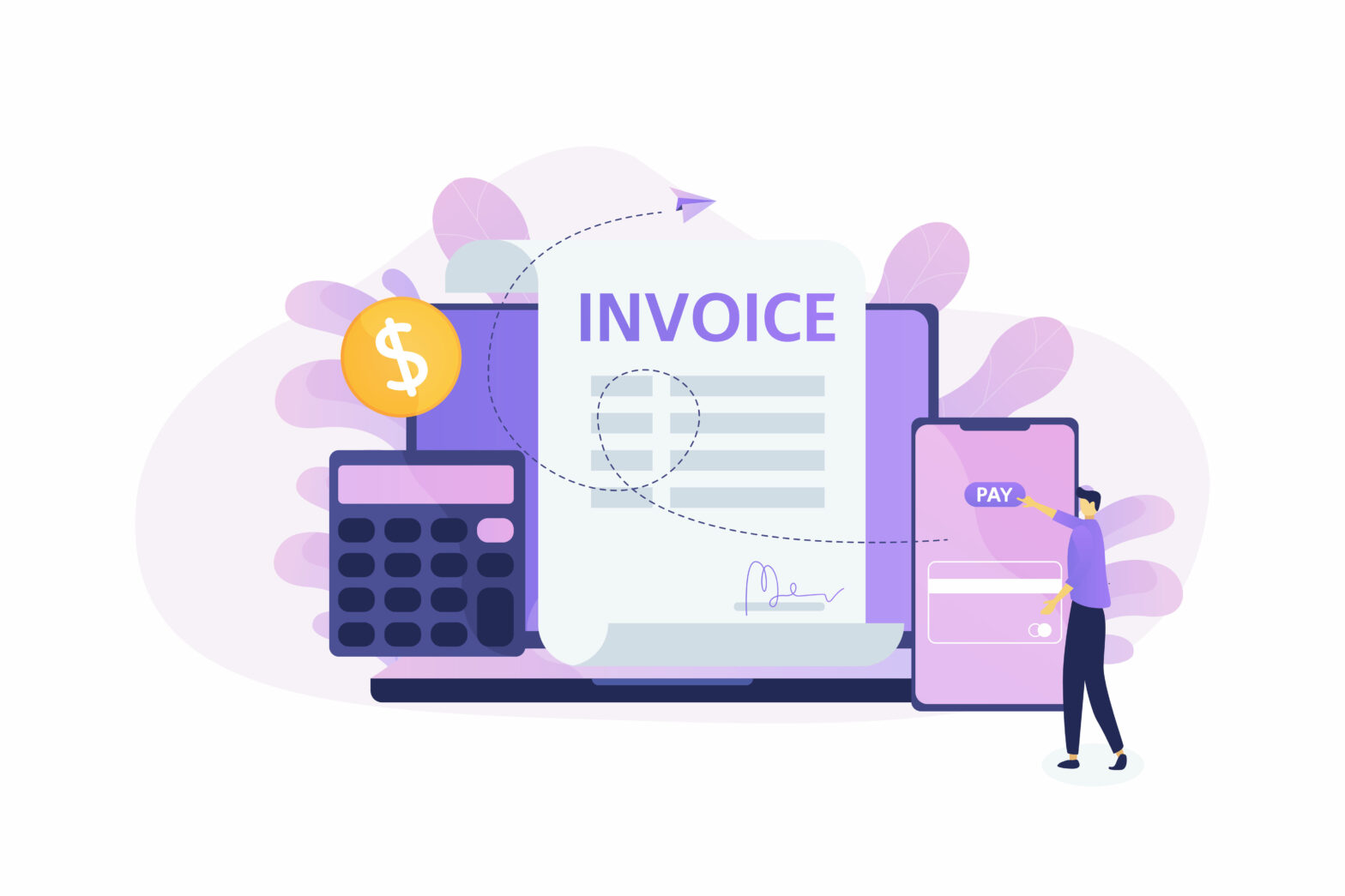We’ve looked before at the positives and negatives of borrowing from a bank and taking on outside investors. Both involve giving up a degree of control over your business, either because you have contractual repayments or covenants to meet, or because you have decided to share your business with a partner that is willing to share the risks and benefits with you.
But what if your business just needs some cash to see you over the time it takes to get paid if you are selling on credit, or the time between paying for some raw materials and the time you sell them on for cash? The simplest and cheapest way of borrowing that cash would be going to the bank for an overdraft, where you only borrow as much as you need, up to a pre-agreed limit and you pay it back as the cash comes in.
This is fantastic if you can get it, but to provide it, the bank will need to reserve capital against the whole facility it provides to you, even if you don’t use it all. That’s expensive and therefore unpopular for them. If they do agree to a facility, you will have to sign up to those covenants we looked at previously, provide some security, even a personal guarantee, and be prepared to have the facility reviewed, at the bank’s discretion. There is therefore potentially a heavy price to be paid for the flexibility you are asking for.
Factoring it in
Often the bank will suggest factoring as an alternative to an overdraft. With that, you will get some cash against most of the invoices you issue. You pay interest on that money until the invoice is paid, and you pay a service charge because the factoring company will take on the management of your debtor book. You might also have to pay an insurance premium (in case the invoices don’t get paid) and/or still provide some security or a personal guarantee.
You can see why this is attractive to a bank, because they have sight of, and control over your invoices and they have some additional security to fall back on. For you, it could be a great way of releasing cash from your debtor book but it does come with risks. Because the cash is tied into your invoices, what happens if you lose a major customer order but still need some short-term cash to fund payroll at the end of the month? No invoices, no cash…!
Factoring can have a very useful part to play in your financial planning, but beware of the risks, manage your exposure and be sure to shop around. There are many providers these days and all of them want your business. If you are lucky enough to have big, gold-standard customers, you might be able to opt for invoice discounting instead. That way, you stay in control of your debtor book and you will have greater control over how and when you raise cash from your invoices.
There are even more exotic variants of borrowing for working capital. Some specialist lenders provide trade finance, to cover, for example the time it takes from paying your supplier to get the goods on a ship to them being unloaded and delivered to your customers. Others can provide short-term finance, secured against assets, that you do not have to repay until a big sale comes through. These can be useful but the costs can also be astronomic – 2-3 per cent a month can be made to sound reasonable but soon racks up!
Delaying pay?
One seemingly simple way of raising some short-term cash is to delay paying your suppliers, which is easy to do and no obvious interest charge. But do you really want to alienate the people you rely on for your business? There is also some recent evidence that patience with late payment is reducing. The time suppliers have waited before starting legal action reduced by 17 per cent between 2010 and 2011 according to law firm Lovetts.
You might also be tempted to delay some tax payments, but remember you are often paying over other people’s contributions. You could be breaking the law. HMRC are also now tightening up on their checks on the records that SMEs have to keep to account for tax payments. If they find incomplete or inaccurate paperwork, they can impose a fine of £3,000.
If delaying due payments is an option you are seriously considering, you are probably in a deeper hole than you think and may need to see a professional adviser quickly to seek a way out of your difficulties, however temporary they might seem.
Next time we’ll look at some of the newer providers of business finance, peer-to-peer lenders and how they operate. And for those ready to stick their heads above the parapet, we will look at financing investment in the plant and equipment necessary for growth.
Looking for finance? SmallBusiness.co.uk is working in partnership with trusted lenders to find the best business funding deals. Find out more here.




